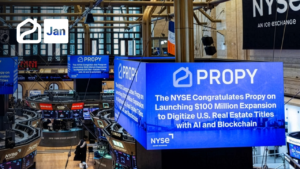
In 2018, property prices in the French capital reached an all-time high. However, for anyone trying to purchase a property in the city, this spelled bad news for his or her bank account. This trend continues in 2019, and there is no end in sight. Local real estate analysts have an explanation (and hopefully a solution) for this dilemma.
Buying a Property in Paris vs. Suburbs
The real estate problem in Paris is not a nationwide one. There are major differences between prices in Paris versus prices in its suburbs. For example, the average price per meter in the Île-de-France region is 5,970 euros. That’s a 4.5 percent increase from 2017. However, if you ever want to trade in your suburban lifestyle for a lifestyle in the heart of Paris, expect to pay 9,750 euros per meter. That’s a 5.7 percent increase for the area in just one year. The absolute cheapest area to buy in the city center is La Chapelle, and that’s 7,460 euros per square meter (11.3 percent increase since 2017). If you want to live a decent life in this famous French city, you will need some money.
Why Is There a Shortage of New Houses in Paris?
The issue in Paris has to do with supply and demand. There is a shortage of new houses being built. As a result, the demand is comparatively high, and the prices are high. There are several reasons why Paris is having a hard time getting new houses. For one, the access for land on which to build has been made “artificially scarce” due to the rules by the French urban planning department. To make matters worse, the cost of construction has risen by 50% in the last ten years, and France has the highest levels of new construction tax in all of Europe.
Propy Has a Solution for Paris
In Paris, and in any market where real estate is sold at high prices, the buyers lose. Besides the obvious high costs of real estate, buyers must also pay high agent commission fees. In cases with high real estate prices, Propy can save buyers lots of money. Buyers who use Propy can pay up to 25% less in agent fees since Propy’s platform uses automation. It might not fully solve the Paris situation, but 25% savings on commission fees are undoubtedly welcome when there are high costs.






